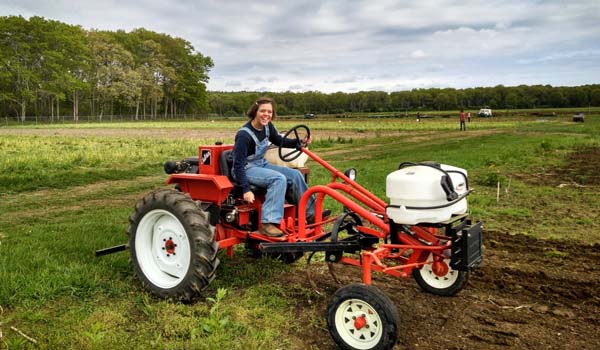Cooperative Extension provides non-formal education and learning opportunities to people throughout the United States — to farmers and other residents of rural communities as well as to people living in urban areas. In Rhode Island, we strive to reach every corner of the state, and emphasize providing science-based information through our educational programs and services for people to apply to their everyday lives. Learn more.
URI Cooperative Extension
Kathleen M. Mallon Outreach Center
3 East Alumni Avenue
Kingston, RI 02881
p: 401-874-2900
coopext@uri.edu

We are committed to Justice, Equity, Diversity and Inclusion (JEDI)
Learn moreThe University of Rhode Island occupies the traditional stomping ground of the Narragansett Nation and the Niantic People. We honor and respect the enduring and continuing relationship between the Indigenous people and this land by teaching and learning more about their history and present-day communities, and by becoming stewards of the land we, too, inhabit.




